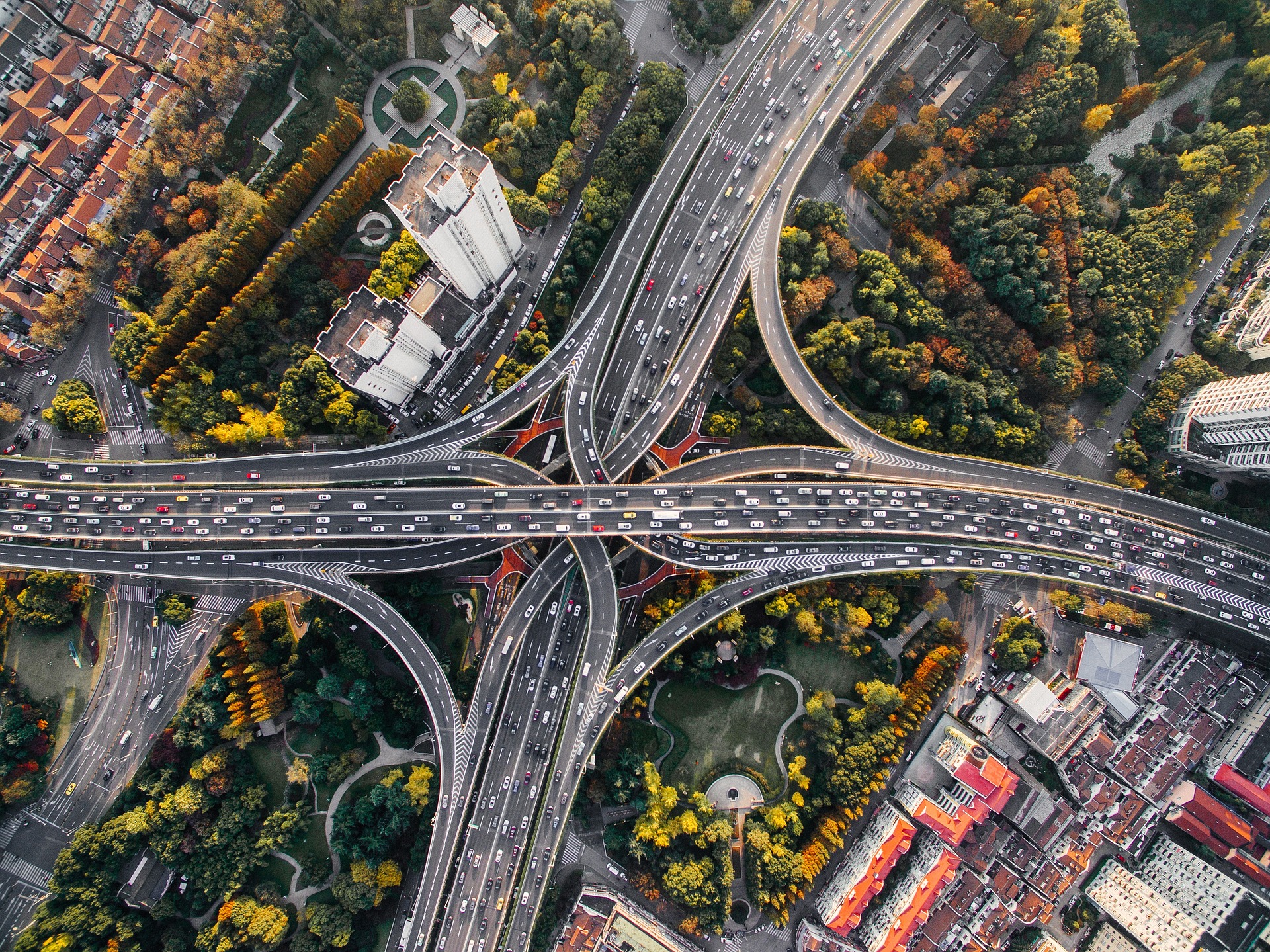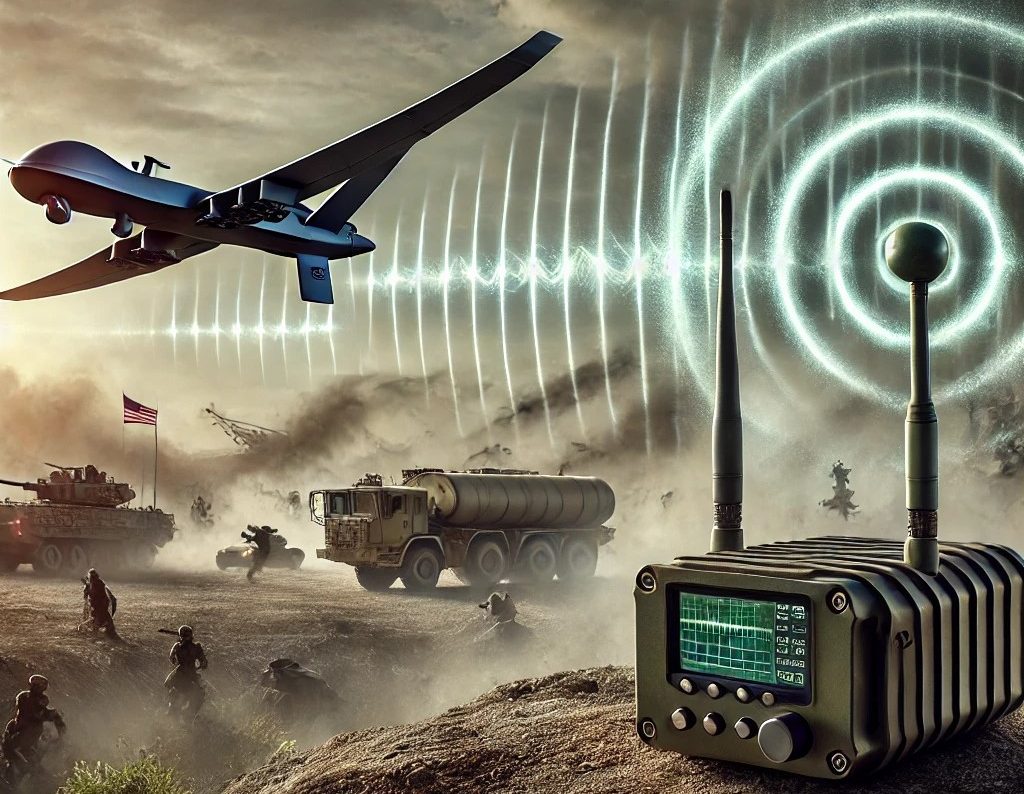
Artificial Intelligence (AI) is transforming the construction and infrastructure industries, revolutionizing how projects are designed, managed, and executed. By harnessing the power of AI, companies are improving efficiency, reducing costs, and enhancing safety across every phase of construction. Here’s a closer look at how AI is shaping the future of these industries.
1. Smart Design and Planning
AI-powered tools are enabling architects and engineers to create smarter, more efficient designs. These tools analyze vast amounts of data, from past project performance to environmental factors, ensuring that plans are optimized for success.
Key Benefits:
- Generative Design: AI algorithms propose multiple design options based on specific criteria, such as materials, budget, and environmental impact.
- BIM Integration: AI enhances Building Information Modeling (BIM) by automating conflict detection and improving design accuracy.
Example: AI tools can simulate how a building will interact with its environment, accounting for factors like wind flow, sunlight, and structural load.
2. Predictive Maintenance and Asset Management
AI-driven predictive maintenance systems monitor infrastructure in real-time, detecting potential issues before they escalate into costly problems. These systems leverage data from sensors, drones, and IoT devices to ensure that assets are maintained proactively.
Applications:
- Monitoring bridges, roads, and tunnels for wear and tear.
- Predicting equipment failures to minimize downtime.
- Extending the lifespan of critical infrastructure with timely repairs.
3. Autonomous Construction Equipment
AI is powering the development of autonomous machinery, from self-driving bulldozers to robotic bricklayers. These machines can perform repetitive tasks with greater precision and speed, reducing labor costs and boosting productivity.
Benefits:
- Safety: Autonomous equipment minimizes the need for human workers in hazardous conditions.
- Efficiency: Machines can work 24/7, accelerating project timelines.
- Cost Savings: Reduced reliance on manual labor leads to significant savings.
4. Enhanced Project Management
AI algorithms are revolutionizing project management by providing data-driven insights and automating routine tasks. With AI, managers can make more informed decisions and keep projects on track.
Capabilities:
- Scheduling Optimization: AI identifies the most efficient timelines and resource allocations.
- Risk Management: Algorithms analyze historical data to predict and mitigate potential delays or budget overruns.
- Real-Time Tracking: AI-powered tools monitor project progress, providing instant updates and recommendations.
5. AI for Safety and Risk Mitigation
AI is making construction sites safer by identifying risks before they lead to accidents. Advanced computer vision systems and AI-powered analytics can detect hazards in real-time, ensuring compliance with safety protocols.
Examples:
- Drones and Cameras: AI analyzes video footage to identify unsafe behaviors or equipment malfunctions.
- Wearable Technology: AI-powered devices track workers’ health and environmental conditions to prevent fatigue or heat stress.
6. Sustainability and Green Construction
AI is enabling more sustainable construction practices by optimizing resource use and minimizing waste. AI tools analyze material efficiency, energy consumption, and carbon footprints, helping companies build greener infrastructure.
Key Innovations:
- Material Optimization: AI identifies the most sustainable and cost-effective materials for a project.
- Energy Efficiency: AI models predict energy usage and recommend designs that reduce consumption.
- Waste Reduction: AI monitors construction sites to minimize material waste and recycle resources efficiently.
7. Digital Twins for Infrastructure Management
Digital twins—virtual replicas of physical infrastructure—are becoming increasingly prevalent, thanks to AI. These replicas use real-time data to simulate, monitor, and optimize the performance of assets.
Applications:
- Monitoring traffic patterns to improve road designs.
- Simulating weather impacts on buildings and infrastructure.
- Testing infrastructure resilience to natural disasters.
Challenges of AI Adoption
While AI offers immense potential, its adoption in construction and infrastructure comes with challenges:
- Data Integration: Collecting and standardizing data from multiple sources can be complex.
- Training and Skills: Workers and managers must adapt to using AI tools effectively.
- Upfront Costs: Implementing AI technologies requires significant investment.
Conclusion: AI as the Future of Construction
AI is transforming construction and infrastructure by making processes smarter, faster, and safer. As adoption grows, companies that embrace AI will lead the way in creating innovative, sustainable, and resilient projects.
The future of construction is here, and with AI, it’s brighter than ever. Now is the time to build smarter with artificial intelligence!




